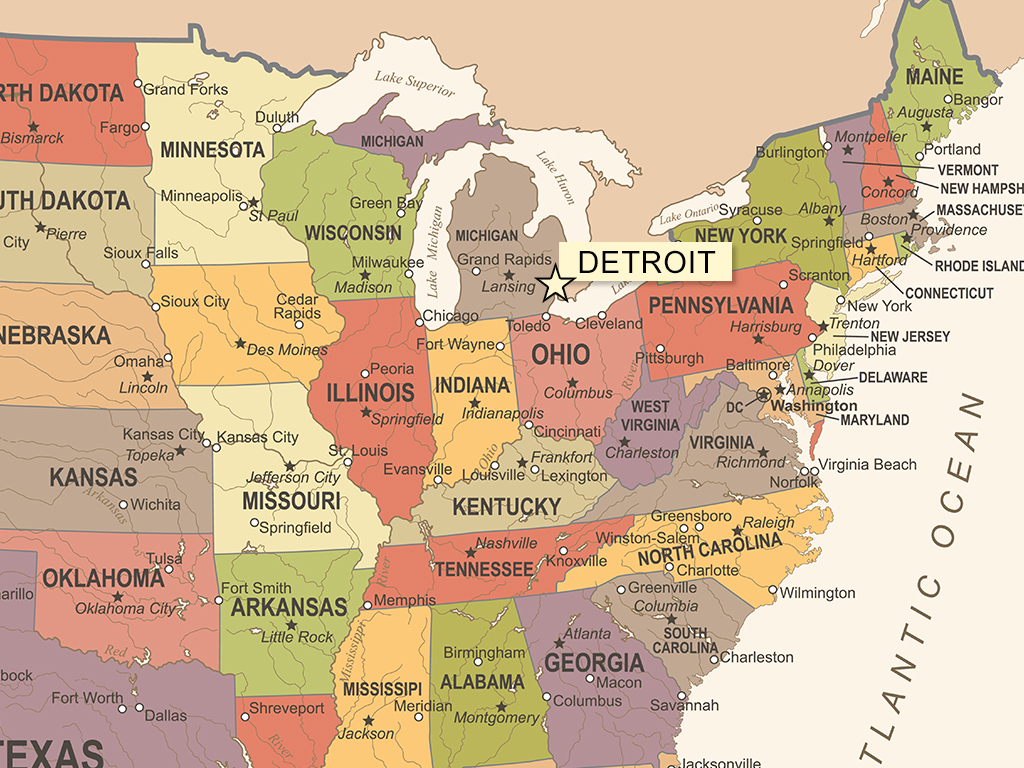Books Can Take You Places
By Mark W.F. Condon, Unite for Literacy vice president
“Let’s see…what’s there for the kids to do in Washington D.C.?”
Really!? There is so much for them to do in Washington DC that it is hard to know where to start, regardless of the window of time they have, from a weekend to a month.
How about Chicago? Same thing! You could spend weeks there and not make a dent in the recreational, educational, and entertainment possibilities.
New York? Same. Los Angeles? Yep. Miami? St. Louis? San Francisco? Minneapolis? Cincinnati? Paris? Rome? Madrid? Istanbul? Cairo? Tokyo? Beijing? Seoul? Sydney? The list goes on and on.
If families with kids find themselves in a big city, anywhere around the world, they will find plenty of culturally rich, explorable, inspirational things for their little ones to do.
Well, that is fine, but how many kids ever get to these places? How many children who even live in these fabulously vibrant locations ever get to experience their hometown’s cultural riches?
Books to the rescue!
Most of the best resources for learning about art, industry, history, technology, and the natural world are economically or geographically out of reach for the very children who need them the most. Happily, the way to create universal access to the wonders of the world, providing children from anywhere the admission to expand their motivational and learning potentials, is through creating books that picture and discuss them.
Think a moment about Abraham Lincoln, growing up living an utterly isolated life in rural Kentucky and then Indiana and finally Illinois. How did he become so wise to end the barbarism of slavery, lead the country out of chaos and back into unity, and successfully guide the resulting shift in the economy? His formal education was minimal, not even one full year, and that was learned from an itinerant teacher. The rest sprang from his life.
How then, did he manage?
Lincoln was a reader. His education, including his legal education, was hard-earned through the self-taught and joyful reading of one borrowed book at a time from neighbors where his family lived. Those treasured texts allowed him to build the foundations for a perspective on the world that others from similar circumstances, but who were not readers, could not begin to fathom.
Now let us return to the potential sources of inspiration for today’s children.
What if every major (or minor) museum, gallery, zoo, historic site, performance group, sports team, religious group, professional organization, and industry group around the world decided to make just enough room in their important work—just long enough to write a book or more for young children about the special treasures they offer? What if those books were made available to every child in the world, for free? Consider what that would make possible for those separated from books by distance and economic barriers?
For one thing, universal literacy would become possible—not guaranteed, but finally and unquestionably potent in a way that it has never been for the world. And if that were to happen, what else would become possible? It is hard to know where to start to chronicle those potential effects.
If you are a parent, an educator, a community leader, a diplomat, the owner of a business or sports team, an elected official, a successful professional, a religious leader, or represent a foundation seeking an outlet for social good, we invite you to visit UniteforLiteracy.com to explore the resources others have made available for new readers. Then ask yourself, “What could I share that kids birth through about age 8 might find fascinating?” Then imagine young readers enjoying your book and growing in their personal literacies.
If you would like to work with us to create a children’s book that can be read, free, by children in countries all around the world, please contact us for information about how to get started.
Let’s Unite for Literacy!
